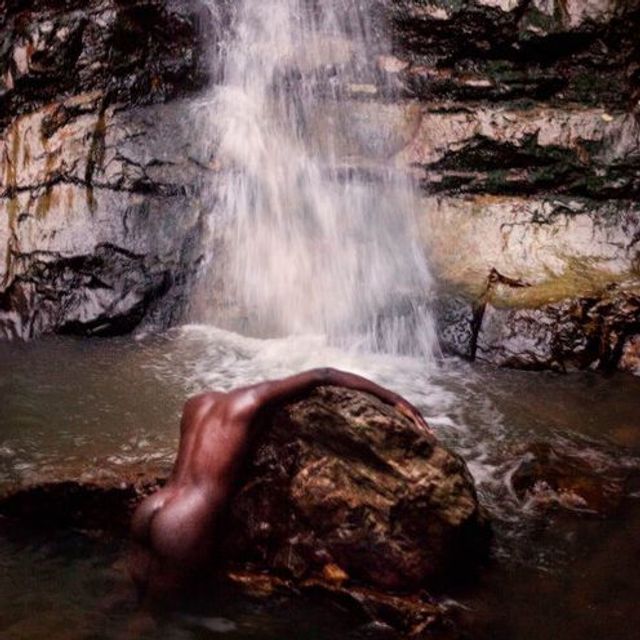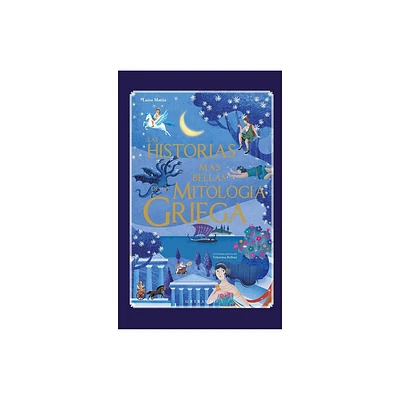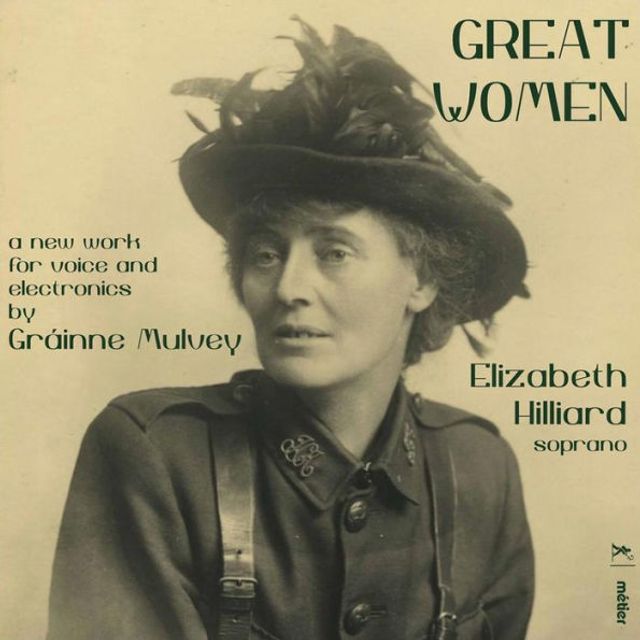Home
gr¿¿
Loading Inventory...
Barnes and Noble
gr¿¿
Current price: $15.99


Barnes and Noble
gr¿¿
Current price: $15.99
Loading Inventory...
Size: OS
*Product Information may vary - to confirm product availability, pricing, and additional information please contact Barnes and Noble
If
Aromanticism
was an exercise in gently unfurling intimacy, then
grae
is one in external flair. Scored by
Sumney
's most vibrant array of instrumentals to date, the San Bernardino musician's second set sees him push outward, swapping
's insular fragments for a set of more exposed, yet transient brushstrokes.
While
's titular focus was concretely conceptual, on
gives us something a little less fixed. "Hereâ??we go into the Grae," proclaims the warped voice of writer
Ayesha K. Faines
on opener "insula," casting
's second work into the abyss between black-and-white. His poignant self-actualization is told in these "grae" intangible spaces: love and pain swirl around one another on "Cut Me," polyamory and jealousy mingle on "Polly," and platonic spaces spill over into romance on "In Bloom." While
's vulnerability is present, it's matched with declarations of self-worth: "Just because you didn't love me/The way I thought I should be loved/Doesn't mean Iâ??wasn'tâ??wanted" opens the gentle ballad "Lucky Me," placing a self-assured shimmer underneath
's probing.
's manifesto here -- "I insist on my right to be multiple" -- is clearer than ever. While heart-breaking in their candor, the musician's narratives on "Neither/Nor" and "Bystanders" champion an unpolluted form of identity, held to one's chest even when declared a "breach of decree." Through the epic double-album format, we see every aspect of this image, from the coy norm-warping of "jill/jack" to the tempestuous "You want to slip right in? Amp up the masculine? You've got the wrong idea, son" of "Virile." The execution is just as bold as the vision.
With its words bound by multiplicity, it's only fitting that
makes itself sonically uncategorizable. Shifting from pounding rock to experimental jazz at a feather's touch, the album's sonics provide the theatrical soundscape to
's words, rising and falling in line with his crystalline tones. Flakes of
return, too, hovering in the project's most tender moments before dissipating amidst
's more dramatic ideas. Yet the intimate spaces still prove to be the most stunning; stranded amid a tide of
Bon Iver
-esque plucks,
sounds transcendent on "Polly," probing his lover's needs with the crushing "Are you dancing with me? Or just merely dancing?"
Arguably,
ends on its most despondent note. The hollow characters of closer "before you go" are caught in a perpetual loop of questioning: "What does it mean to be in love?" poses one voice, another "the aching." Yet perhaps the album's final moments are as freeing as they are fragile: for
, tumbling between the raptures of both aromanticism and romantic love, the nameless can be just as powerful as the defined. ~ David Crone
Aromanticism
was an exercise in gently unfurling intimacy, then
grae
is one in external flair. Scored by
Sumney
's most vibrant array of instrumentals to date, the San Bernardino musician's second set sees him push outward, swapping
's insular fragments for a set of more exposed, yet transient brushstrokes.
While
's titular focus was concretely conceptual, on
gives us something a little less fixed. "Hereâ??we go into the Grae," proclaims the warped voice of writer
Ayesha K. Faines
on opener "insula," casting
's second work into the abyss between black-and-white. His poignant self-actualization is told in these "grae" intangible spaces: love and pain swirl around one another on "Cut Me," polyamory and jealousy mingle on "Polly," and platonic spaces spill over into romance on "In Bloom." While
's vulnerability is present, it's matched with declarations of self-worth: "Just because you didn't love me/The way I thought I should be loved/Doesn't mean Iâ??wasn'tâ??wanted" opens the gentle ballad "Lucky Me," placing a self-assured shimmer underneath
's probing.
's manifesto here -- "I insist on my right to be multiple" -- is clearer than ever. While heart-breaking in their candor, the musician's narratives on "Neither/Nor" and "Bystanders" champion an unpolluted form of identity, held to one's chest even when declared a "breach of decree." Through the epic double-album format, we see every aspect of this image, from the coy norm-warping of "jill/jack" to the tempestuous "You want to slip right in? Amp up the masculine? You've got the wrong idea, son" of "Virile." The execution is just as bold as the vision.
With its words bound by multiplicity, it's only fitting that
makes itself sonically uncategorizable. Shifting from pounding rock to experimental jazz at a feather's touch, the album's sonics provide the theatrical soundscape to
's words, rising and falling in line with his crystalline tones. Flakes of
return, too, hovering in the project's most tender moments before dissipating amidst
's more dramatic ideas. Yet the intimate spaces still prove to be the most stunning; stranded amid a tide of
Bon Iver
-esque plucks,
sounds transcendent on "Polly," probing his lover's needs with the crushing "Are you dancing with me? Or just merely dancing?"
Arguably,
ends on its most despondent note. The hollow characters of closer "before you go" are caught in a perpetual loop of questioning: "What does it mean to be in love?" poses one voice, another "the aching." Yet perhaps the album's final moments are as freeing as they are fragile: for
, tumbling between the raptures of both aromanticism and romantic love, the nameless can be just as powerful as the defined. ~ David Crone


















